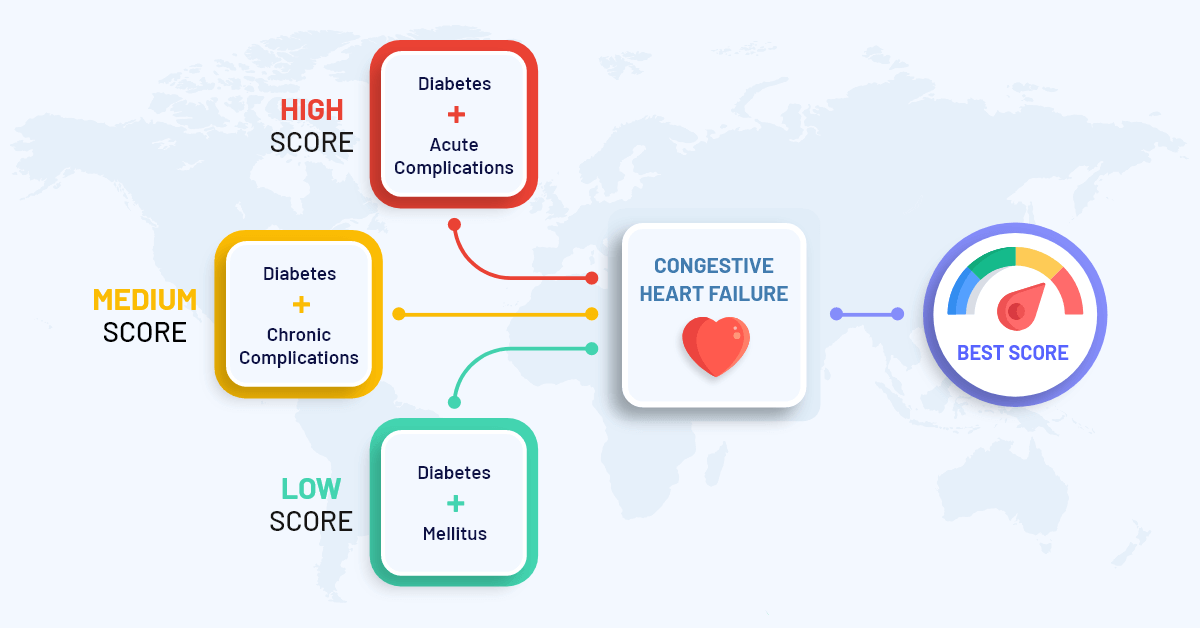In the rapidly evolving landscape of healthcare, Accountable Care Organizations (ACOs) play a vital role in improving the quality of care while reducing costs. One essential aspect of ACO operations is the implementation of robust risk adjustment programs. These programs allow ACOs to accurately assess the health needs of their patient populations, allocate resources efficiently, and ensure fair reimbursement for the care provided. In this blog post, we will explore the key steps that ACOs can take to effectively implement risk adjustment programs and optimize their healthcare outcomes.
To implement a successful risk adjustment program, ACOs must establish a comprehensive data infrastructure. This includes gathering and integrating data from various sources such as electronic health records, claims data, and patient-reported information. By consolidating this data, ACOs can gain a holistic view of their patient population and identify individuals who require additional care or interventions.
Accurate documentation and coding of medical conditions are crucial for effective risk adjustment. ACOs should focus on educating healthcare providers on proper documentation practices to ensure that all relevant diagnoses are captured. Regular training sessions and ongoing feedback can help improve coding accuracy, leading to more precise risk scores and appropriate reimbursement
ACOs can leverage risk assessment tools to identify high-risk patients and prioritize interventions accordingly. These tools use advanced algorithms to analyse patient data and predict the likelihood of future health events. By proactively targeting high-risk individuals, ACOs can intervene early, provide timely care, and prevent complications or hospitalizations
Effective care coordination and patient engagement are crucial components of a successful risk adjustment program. ACOs should implement care management programs that focus on proactive outreach, care planning, and patient education. By engaging patients in their own care and promoting preventive measures, ACOs can improve health outcomes and mitigate the progression of chronic diseases
Implementing a risk adjustment program is an ongoing process that requires continuous monitoring and evaluation. ACOs should regularly assess the effectiveness of their risk adjustment strategies, identify areas for improvement, and make necessary adjustments. This iterative approach allows ACOs to refine their programs and achieve better outcomes over time
Collaboration with payers, healthcare providers, and other stakeholders is essential for effective risk adjustment implementation. ACOs should establish partnerships with payers to ensure accurate and timely exchange of data. Collaborative efforts can lead to shared goals, aligned incentives, and a more integrated approach to risk adjustment, ultimately benefiting both ACOs and their patient populations
Implementing a robust risk adjustment program is vital for Accountable Care Organizations aiming to improve healthcare outcomes while managing costs effectively. By establishing a comprehensive data infrastructure, ensuring accurate documentation and coding, utilizing risk assessment tools, focusing on care coordination and patient engagement, and continuously monitoring and evaluating their programs, ACOs can optimize the impact of risk adjustment initiatives. Through collaboration and partnerships, ACOs can further enhance the accuracy of risk scores and drive meaningful improvements in patient care. By embracing these strategies, ACOs can position themselves as leaders in data-driven healthcare, delivering high-quality care and achieving better health outcomes for their patients.
We are a Healthtech company based in Dallas, Texas! Our company is dedicated to providing value-based solutions and healthcare data analytics to improve patient outcomes and drive down costs for healthcare providers.
Our team of experts includes healthcare professionals, data scientists, and technologists who work together to develop innovative solutions that address the challenges facing the healthcare industry today. We believe that by harnessing the power of data and technology, we can create a more efficient, effective, and patient-centred healthcare system.
Our services include healthcare data analytics, population health management, and value-based solutions that help healthcare providers deliver high-quality care while reducing costs. Our solutions are designed to be flexible and customizable, so we can meet the unique needs of each of our clients.
We understand the importance of security and privacy in healthcare, which is why we take data protection very seriously. We adhere to strict security protocols to ensure that all data is stored and transmitted securely.
Our mission is to empower healthcare payers and providers with the data and tools they need to deliver better care and achieve better outcomes for their patients. We strongly believe in working together, to create a healthier, happier world!
What Is Value-Based Healthcare? A Primer
Finding Value in Value-Based Healthcare
A Shift in Risk Adjustment: Riding the CMS Regulatory Wave
Risk Adjustment Programs for Accountable Care Organizations
Optimizing your Performance for Star Ratings, HEDIS®, CMS, QRS

